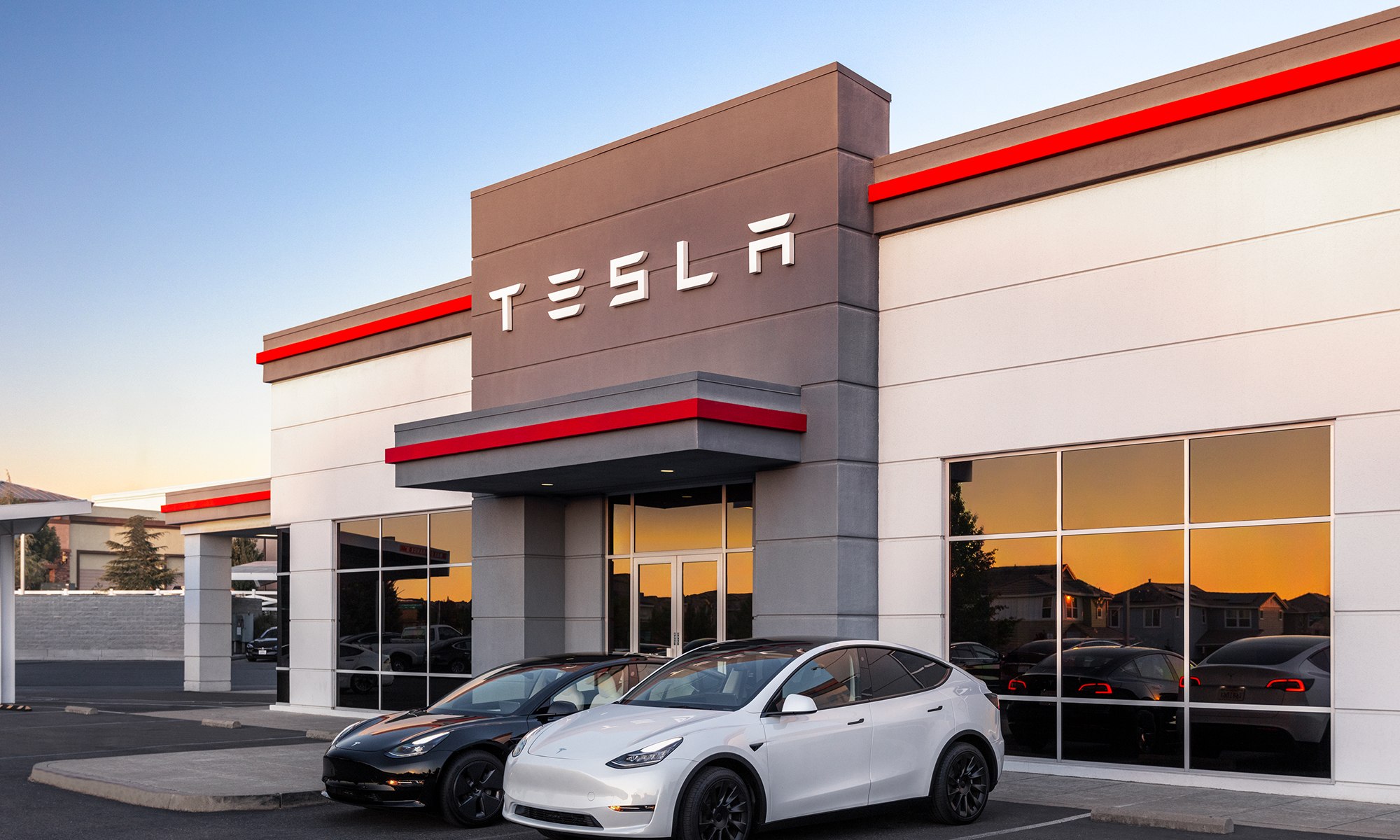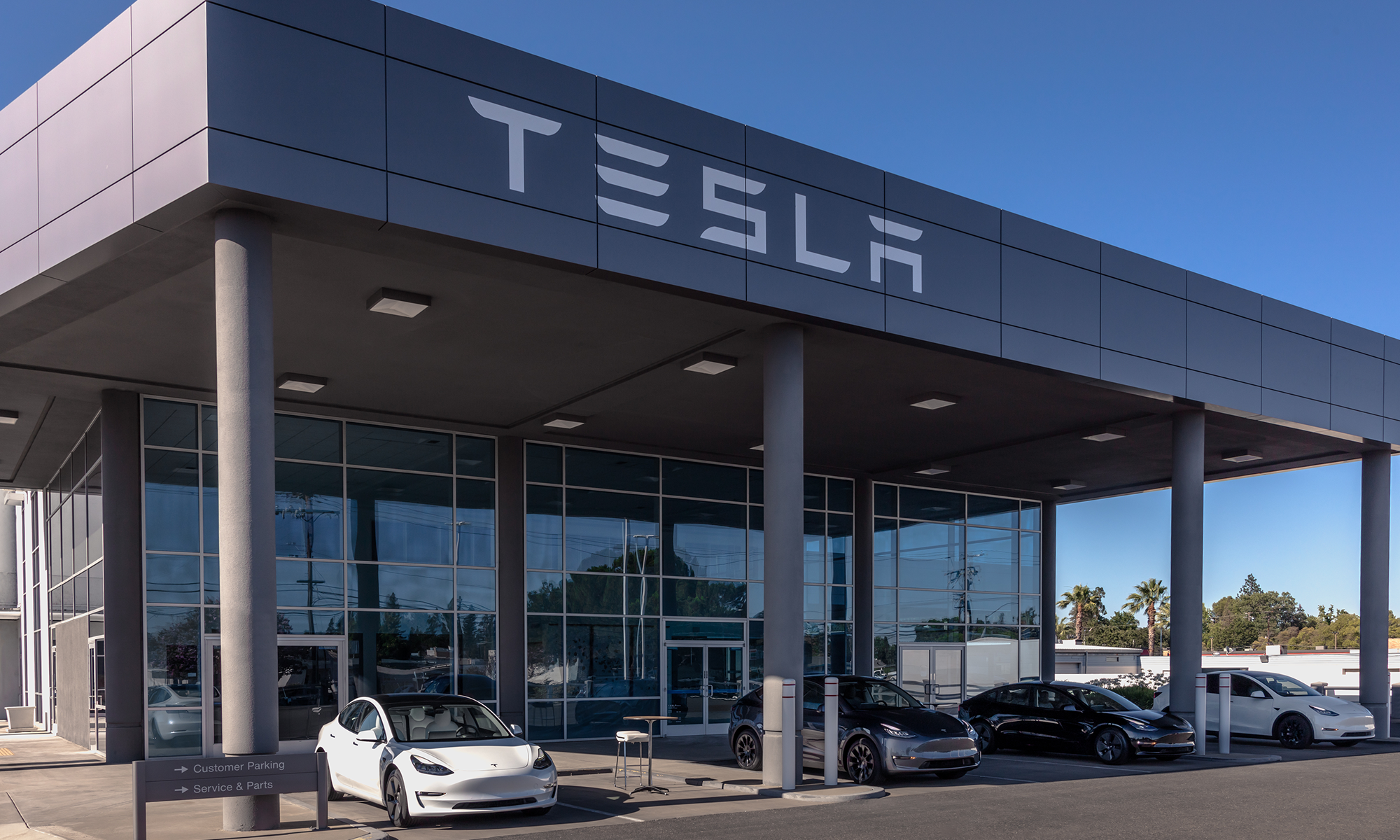You can hardly open a newspaper these days without running across a few Tesla (TSLA 0.16%) headlines. The stock also tends to move on the latest news, either falling or jumping by 5% or more on an almost daily basis.
So why are investors, journalists, analysts, and the man on the street so interested in the electric car company? These five details may not tell the whole story, but they do explain a lot about Tesla's unique place in the spotlight.
1. Big gains
Stocks that produce huge gains often attract a lot of public attention. In some cases, that attention crystallizes into uncritical fandom.
For example, the Sirius half of satellite radio veteran Sirius XM (SIRI +0.00%) saw its share prices skyrocket 8,000% higher in the five years that led up to the turn of the millennium. Sirius' market cap was a fairly compact $1.3 billion at that point, leaving plenty of room for further gains. You couldn't convince the die-hard Sirius fans otherwise.
Since then, Sirius shares have lost 88% of their value even as the market cap grew to $23 billion. The company burned a lot of shareholder value over the years, but it's still a popular company with some very vocal defenders. Sirius may be a solid investment on its own terms these days, but you won't see another 8,000% run in five years. But that's the fuel for this company's popularity in many cases, 20 years later.
Tesla's stock has nearly tripled over the last 52 weeks, posting a five-year return of 260%. While far behind Sirius' culture-defining explosion, that's enough to spark dreams of instant riches. Share prices also rose 172% in the last year alone, so Tesla is gathering new high-growth devotees on a daily basis. Adding another massive jump is made more complicated by Tesla's huge market cap of $137 billion, but we can always dream.

The Cybertruck prototype. Image source: Tesla.
2. Innovative products
Tesla's electric cars are unique, offer market-leading performance and features, and are paving the way for other carmakers to follow into a battery-driven future of transportation. The Cybertruck is breaking every paradigm and tradition in truck design, and Tesla quickly collected more pre-orders than it could hope to fill in the first year of full-speed production. The company is about to enter the semi-truck market as well, and how many car companies do you know that can sell you a fully functional solar panel system that looks like ordinary roof shingles?
People get excited about groundbreaking products like these, and Tesla keeps 'em coming.
3. Ambitious goals
In the long run, Tesla doesn't want to be a car company at all. That's just an intermediate step that's designed to generate enough cash to reach the company's true goals.
"Tesla's mission is to accelerate the world's transition to sustainable energy," according to the company's investor relations site. If Tesla's electric cars can inspire the auto industry to abandon gasoline-powered vehicles in favor of their own electric designs, that's a win in Tesla's book. In the long run, it's all about alternative energy, energy storage, and getting everyone used to relying on these clean power sources. Again, people like to talk about something that inspires them.

This house features Tesla's Tuscan solar-cell roof tiles. Image source: Tesla.
4. Risky business
Tesla is priced for perfection at 55 times free cash flows. Those cash flows are spotty, and earnings remain firmly negative. The company raised $10.7 billion of new debt in 2019 alongside $0.9 billion worth of freshly printed shares. Moody's has kept Tesla's credit rating at B3 since 2018, a speculative-grade grade that implies high credit risk. The credit outlook is stable, assuming that Tesla can show solid deliveries of Model 3 cars while also cutting costs and competing effectively against new rivals in the large-scale battery market.
Oh, and the coronavirus hangs over all of these requirements like a dark cloud. Tesla's California factory has been closed since the end of March.
That's a lot to talk about, especially since these challenges threaten the innovation, market returns, and long-term goals that got investors excited in the first place.
5. Elon Musk
Tesla's CEO and co-founder can be many things -- brilliant, silly, controversial, obtuse, and inspirational. And that's just before lunch on an average Wednesday. This is the stuff that cults of personality are made of, whether you hate the man or love him. There's not much of a middle ground between the two extremes.
Musk attracts paparazzi cameras and headlines wherever he goes, and Tesla can't afford to lose its polarizing leader. The whole media circus around this company ultimately boils down to Elon Musk's antics and/or strokes of genius.






